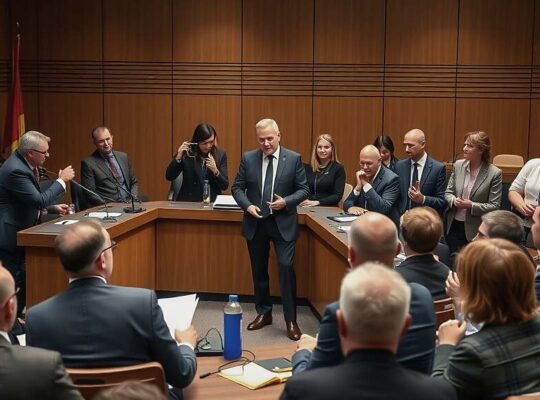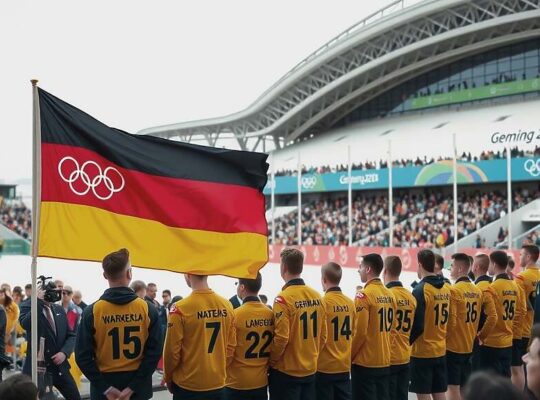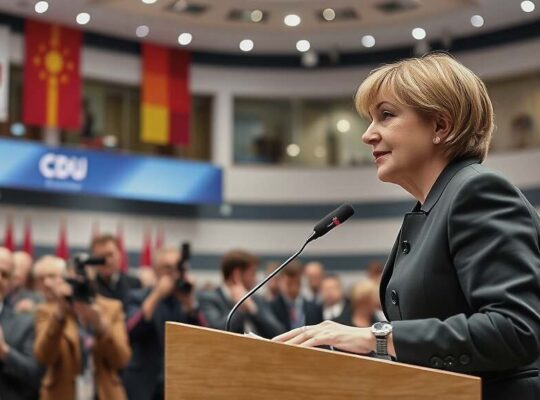The widow of deceased Russian opposition leader Alexei Navalny, Julia Navalnaya, has lent her support to German Chancellor Friedrich Merz’s firm stance against engaging in dialogue with President Vladimir Putin, reinforcing a strategy of continued isolation. In an interview with RTL television on Friday, Navalnaya affirmed her agreement with Merz’s position, characterizing the past three years of distancing Putin as a strategically sound approach.
Navalnaya’s endorsement carries particular weight, given her intimate knowledge of the Kremlin’s methods and their devastating impact on her husband, who died in a Russian penal colony earlier this year. She argued that dictatorships thrive not on praise or condemnation, but on recognition and visibility. “Every dictator dreams of being respected and seen” she stated, emphasizing that the very act of mentioning a leader’s name, regardless of the tone, validates their authority and places them “on the agenda.
Her comments subtly critique the potential for normalization that diplomatic engagement might foster, echoing concerns within the German political landscape and beyond. By highlighting Putin’s desire for global attention, Navalnaya implicitly warns against the perceived ego-driven motivations underlying his actions. The endorsement underscores a growing debate within Western governments regarding the most effective means of confronting Russia’s aggression, particularly in light of the ongoing conflict in Ukraine. While some advocate for avenues of communication, Navalnaya’s perspective underscores a conviction that maintaining distance and actively exposing Putin’s actions remain crucial to undermining his regime and preventing further destabilization. The position also serves as a powerful symbol, aligning Navalny’s legacy with a continued rejection of legitimizing the Putin regime through engagement.












